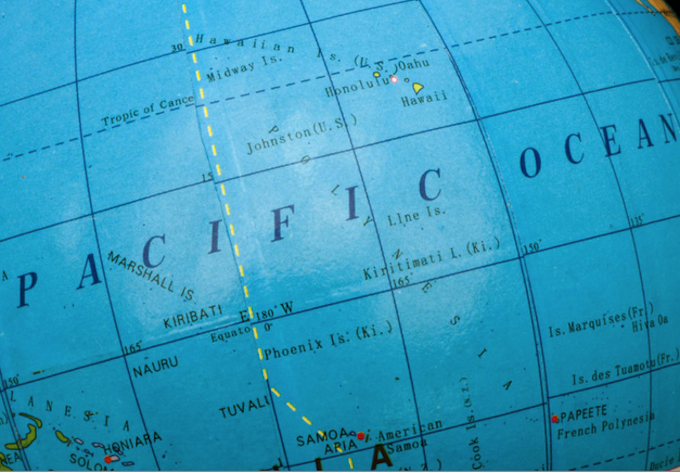
By Lydia Lewis, RNZ Pacific journalist
Preliminary findings of a yet-to-be released Transparency International survey has found sextortion — demanding sexual favours in return for public services — is a major issue in parts of the Pacific.
Papua New Guinea, the Federated States of Micronesia and Solomon Islands have higher rates of sexual extortion, according to the research.
Transparency International New Zealand Pacific advisor Mariam Mathew told RNZ Pacific women reported corruption was on the rise and sextortion was widespread.

“Sextortion is a term we refer to when a person is asked for sexual favours in exchange for them accessing public services,” Mathew said.
“It’s a form of currency and in order to access it they [women] have no other option, but to actually offer this sexual favour.”
She said initial findings show women in the Pacific were “significantly impacted” by sextortion, adding Transparency International has found the issue could be more prevalent than in other part of the world.
“This is the first time we’re getting this sort of data,” she said.
‘Need conversations’
“We need to have conversations with stakeholders [working] in this space to understand what the issue is, what is being done about it, what needs to be done about it?” she added.
Transparency International will use the initial analysis from the survey to conduct focus group discussions with key stakeholders.
Mathew said these discussions would be held at the national and regional levels by working with groups in the field of gender to validate the findings but also provide more context to it.
She added that the final report was expected to come out later this year.
This article is republished under a community partnership agreement with RNZ.












































